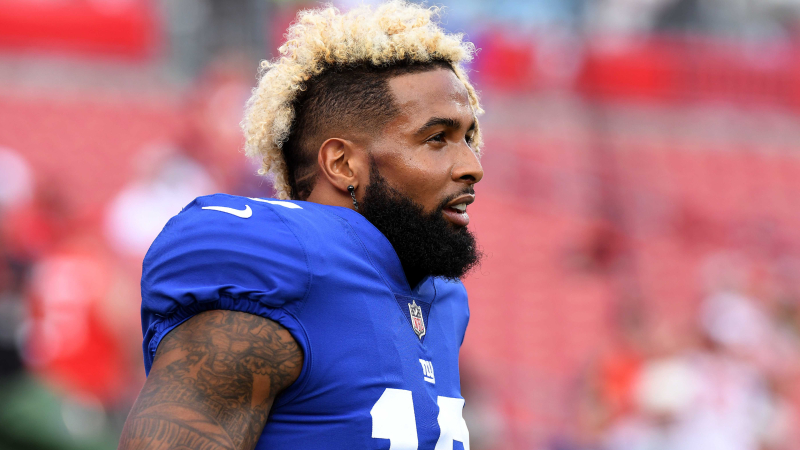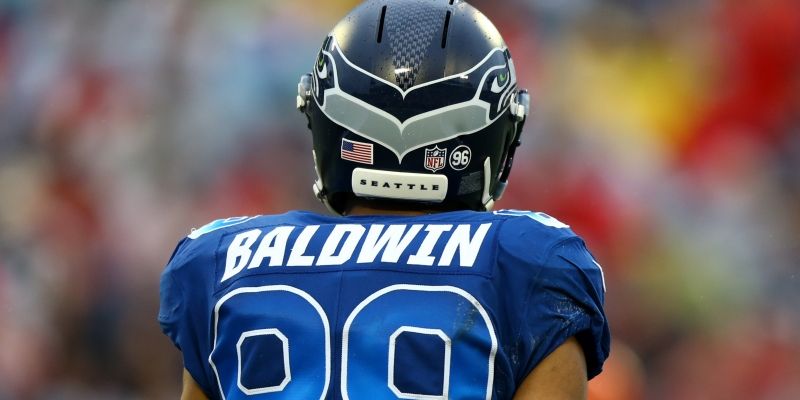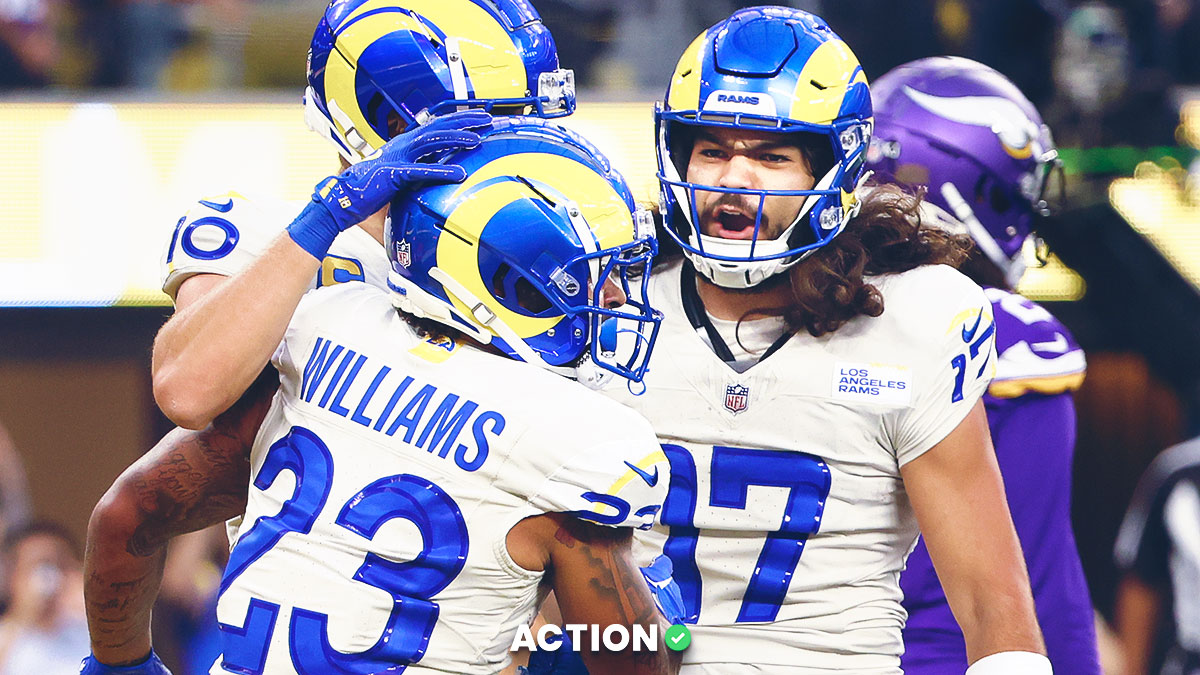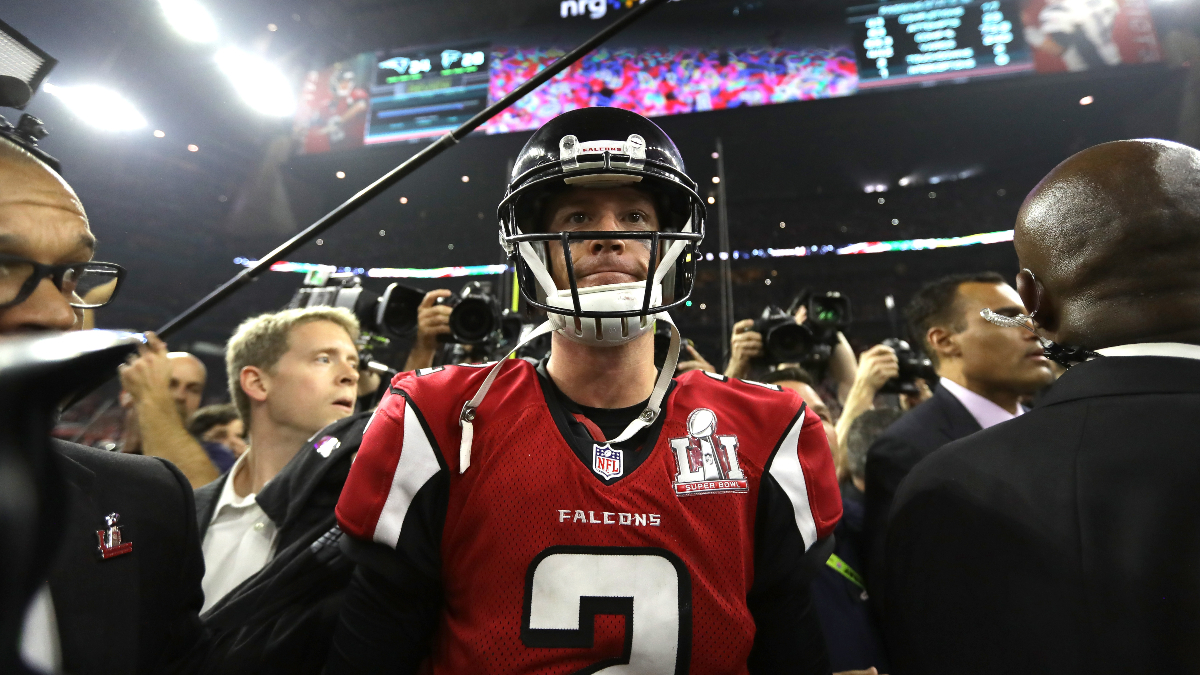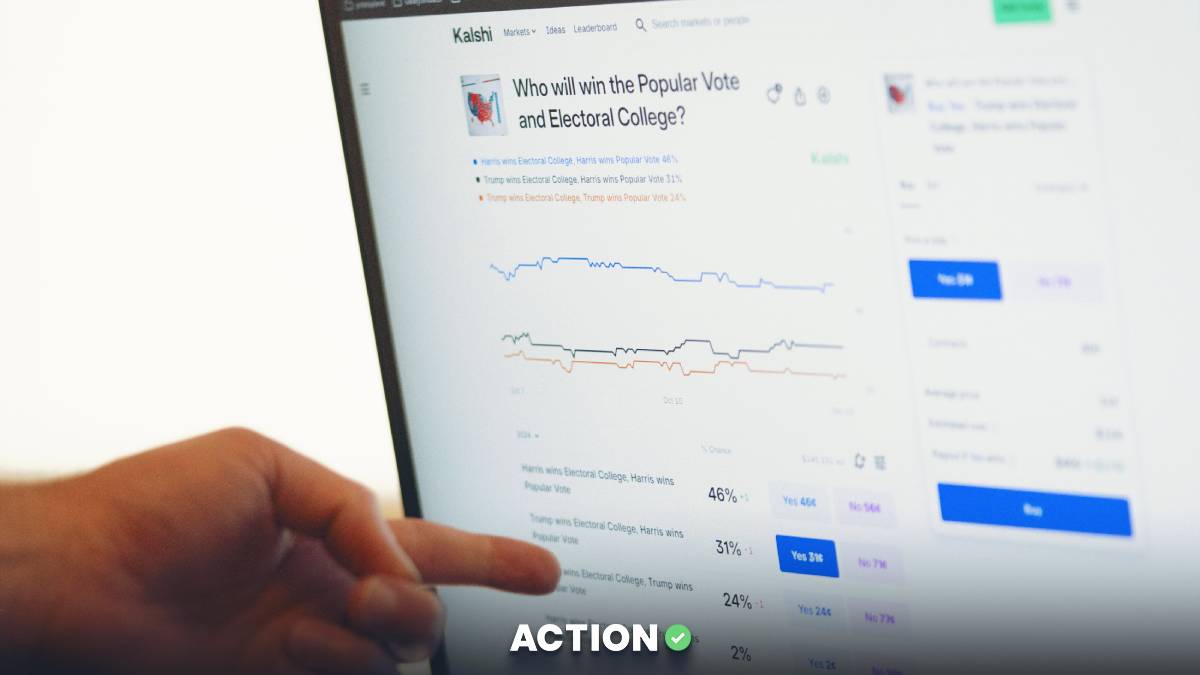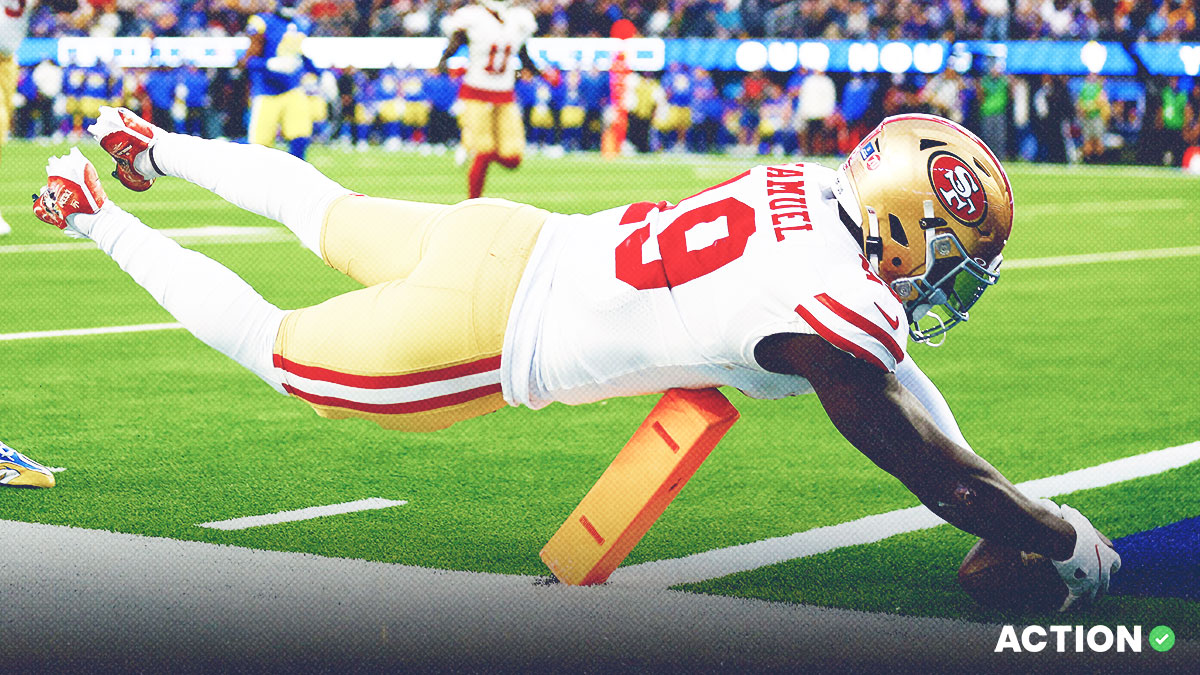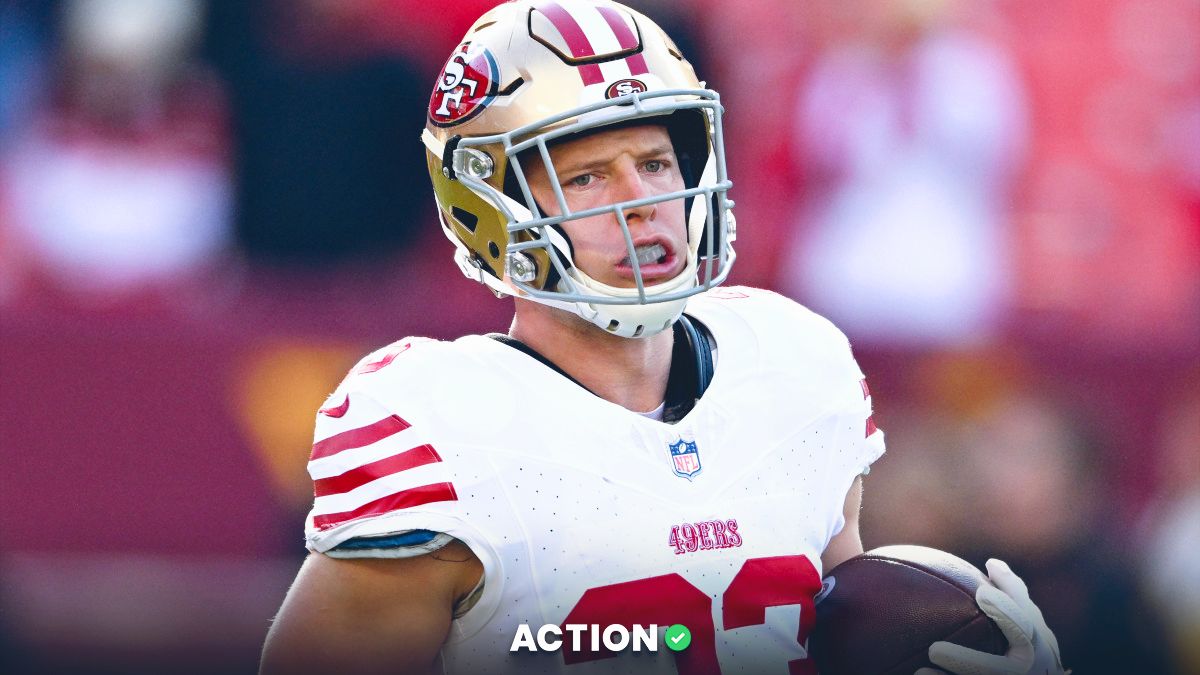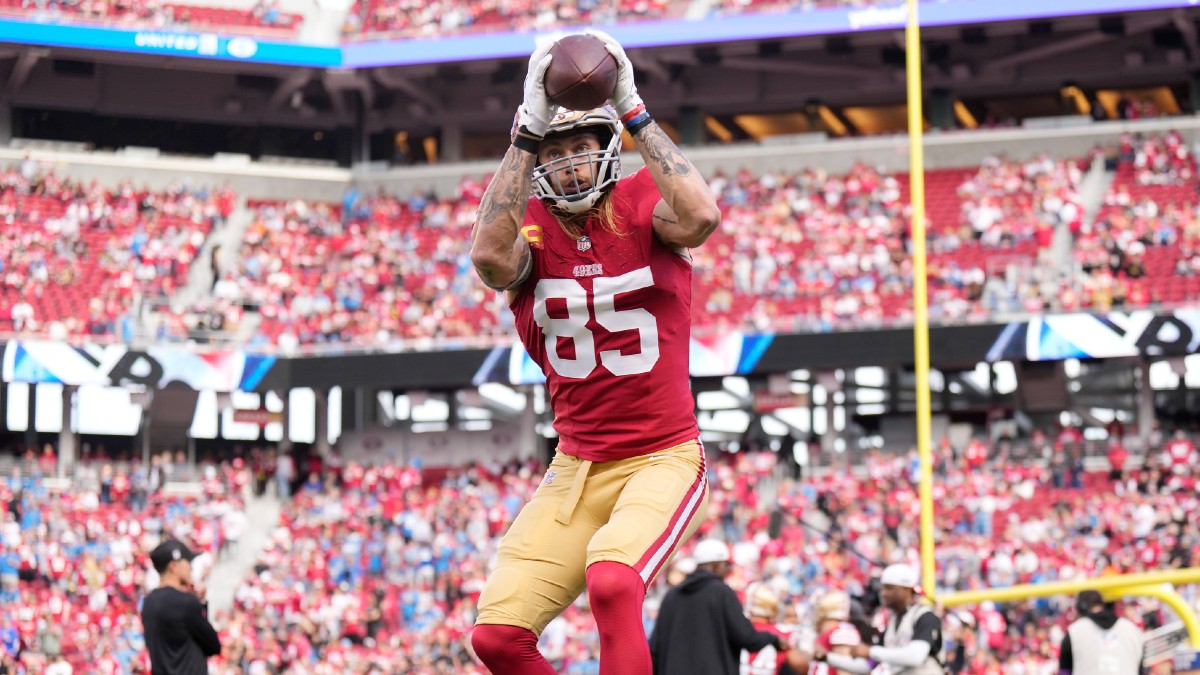- Jonathan Bales has written the best-selling fantasy sports and DFS book series of all time, probably.
- Heading into the NFL season, Bales will publish excerpts from his books on cognitive biases.
- Anchoring (the tendency to rely too heavily on one trait or piece of information when making decisions) plagues many sports speculators.
Way back when I was in my prime — before all the sex and drugs blogging and data collection — I wrote some books. The Fantasy Sports for Smart People collection is the best-selling fantasy sports and DFS book series of all time. Is that actually true? I don’t know. And if I don’t know, you don’t know, which means I can just say it.
I have maybe a million words of content that I wrote in such a way that it mostly holds the same value now as it did when I first put fingertips to keyboard. No guarantees on the actual quality — just that it’s about the same.
I’ve always been interested in public psychology and how it affects our perception and the ways in which we process information — and, more specifically, how to exploit inefficiencies in the ways people think to make real American doll-hairs. So I’m going to post some excerpts from my books — mostly centered around cognitive biases — that I think should be useful for both fantasy sports players and bettors heading into NFL season.
Without further ado, The Jonathan Bales List of Psychological Biases to Avoid for Grown-ups That Can’t Gamble Good and Want to Do Other Things Good Too . . .
Anchoring
The tendency to rely too heavily on one trait or piece of information when making decisions (usually the first piece of information that we acquire on that subject)
The greatest miss of my DFS career was continually fading Odell Beckham in his rookie season. While I maintain that the logic that made me bearish on Beckham coming out of college was fine — mainly that he’s a pretty small receiver who didn’t dominate at all in the SEC — I was way, way too slow to react to all the new information we received about OBJ in his first season; I wasn’t quick enough to admit I was wrong.
Much of this problem was likely the result of anchoring, or overemphasizing a particular piece of information. For me, I was focusing too much on Beckham’s size and market-share numbers — two metrics that are indeed very predictive of wide receiver success, but not so much that they should triumph all early career results. The moment I started to see the sort of unprecedented numbers Beckham was putting up, I should have given more weight to his recent performance simply because of how extreme it was.
Anchoring is a really big problem for daily fantasy football players in particular, because we need to make more subjective decisions than those made in any other sport; whereas watching baseball or golf isn’t a prerequisite for being a profitable player in those sports, understanding football is extremely important — vital perhaps — to being a quality player.
How to Overcome/Exploit It
When assessing a player, be cognizant of the fact that you’re likely overweighing or underweighing certain important factors due to anchoring. This is why modeling is so important, even in football. A computer doesn’t suffer from the same biases as our brains; it doesn’t weigh certain pieces of information within the same statistical category as more or less important when it shouldn’t.
Now, I’ve relied less and less on models and more and more on instincts as I’ve evolved, but me + a model > me alone, for sure. That goes for both DFS models and the Instagram variety.
The other thing to keep in mind is the “starting point” from which you’re originating when it comes to how you view a player or situation. In college, one of my psych professors did a cool experiment in which she asked our class if we thought the Mississippi River was more or less than 1,000 miles long before asking us to estimate the distance. She did the same with another class, except gave them a much higher number that was closer to the actual distance of roughly 2,320 miles. Expectedly, the other class’ estimates of its distance were far, far more accurate than ours, due solely to the anchor the professor used to frame the question.
In Dan Ariely’s book Predictably Irrational, he points to a pricing study done by The Economist in which they initially offered a unique trio of subscriptions to their readers:
Online: $59
Print: $125
Print + Online: $125
Yes, the same exact price for print-only as the print/online combo. With these options, 84% of readers chose the print/online option, 16% chose online-only, and no one chose just print.
They then removed the middle option to see what would happen; if humans were rational, the numbers shouldn’t change since no one was initially attracted to print-only anyway. However, the percentages flipped, with 84% now choosing the cheaper online option.
>> Get a 7-day free trial to access all of our premium NFL articles and exclusive betting data leading up to and during the season.
That’s pretty crazy. This actually inspired me to test some different pricing options at FantasyLabs — some of which are not-so-intuitive — but all of which are based on playing with anchors. In this case, the $125 price point for print-only served as an anchor for what a print subscription is “worth” — people have a difficult time judging inherent value in a vacuum — and thus they viewed the print/online combination as getting online access for “free.” With the $125 print-only anchor, the comparison is easy. Without it, not so much.
One of the really cool ways in which this is applicable in daily fantasy sports is really concentrating on winning the flex position, which causes a lot of trouble for DFS players because it forces apples-to-oranges comparisons. Whereas we might know that Odell Beckham Jr. is a better play than Mike Evans in a given week — and that might be relatively easy to identify — it’s a lot more challenging to compare Beckham to, say, Rob Gronkowski or Le’Veon Bell or anyone else who isn’t a wide receiver, which is effectively what you need to do each week with your flex choice.
Even though salaries have gotten more accurate, there’s still a big potential edge here as the crowd is much less astute at assessing players among different positions as compared to within the same one. That’s one reason I advocate “winning the flex” as a fundamental part of daily fantasy football roster construction.


